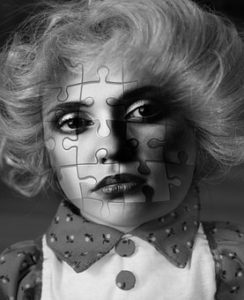 What are Personality Types and how do we spot them in people?
What are Personality Types and how do we spot them in people?
When I have clients come to see me they sometimes use phrases such as; “part of me wants X the other part of me wants Y”. This is what we call parts conflict.
So what do they mean and how do I as a therapist explain what is going on in their minds in an easy to understand down to earth format?
I tend to use the Transactional Analysis model created by Canadian-born US psychiatrist, Eric Berne. Berne devised the concept of ego states to help explain how we are made up, and how we relate to others and Personality Types . They categorise the ways we think, feel and behave and are called Parent, Adult, and Child. Each ego state is given a capital letter to denote the difference between actual parents, adults and children.
Parent (“exteropsyche”): a state in which people behave, feel, and think in response to an unconscious mimicking of how their parents (or other parental figures) acted, or how they interpreted their parent’s actions. For example, a person may shout at someone out of frustration because they learned from an influential figure in childhood the lesson that this seemed to be a way of relating that worked.
Parent has 2 parts to this personality type
Nurturing – Nurturing (positive) and Spoiling (negative).
Critical – Structuring (positive) and Controlling (negative).
Physical – angry or impatient body-language and expressions, finger-pointing, patronising gestures. Sympathetic expressions, hugging, stroking.
Verbal – always, never, for once and for all, judgmental words, critical words, patronising language, posturing language. Soft, supportive voice and wording.
N.B. Beware of cultural differences in body-language that may appear ‘Parental’.
Adult (“neopsyche”): a state of the ego which is most like a computer processing information and making predictions absent of major emotions that could affect its operation. Learning to strengthen the Adult is a goal of TA.
Adult remains as a single entity, representing an ‘accounting’ function or mode, which can draw on the resources of both Parent and Child.
While a person is in the Adult ego state, he/she is directed towards an objective appraisal of reality.
Physical – attentive, interested, straight-forward, tilted head, non-threatening and non-threatened.
Verbal – why, what, how, who, where and when, how much, in what way, comparative expressions, reasoned statements, true, false, probably, possibly, I think, I realise, I see, I believe, in my opinion.
Child (“archaeopsyche”): a state in which people behave, feel and think similarly to how they did in childhood. For example, a person who receives a poor evaluation at work may respond by looking at the floor, and crying or pouting, as they used to when scolded as a child. Conversely, a person who receives a good evaluation may respond with a broad smile and a joyful gesture of thanks. The Child is the source of emotions, creation, recreation, spontaneity and intimacy.
Child also has 2 parts to this personality type
Adapted – Co-operative (positive) and Compliant/Resistant (negative).
Free – Spontaneous (positive) and Immature (negative).
Physical – emotionally sad expressions, despair, temper tantrums, whining voice, rolling eyes, shrugging shoulders, teasing, delight, laughter, speaking behind hand, raising hand to speak, squirming and giggling.
Verbal – baby talk, I wish, I dunno, I want, I’m gonna, I don’t care, oh no, not again, things never go right for me, worst day of my life, bigger, biggest, best, many superlatives, words to impress.
So here is what I sometimes say to the client that these parts clash for example part of them says go and have fun
(Free Child) and other part of them says they better not do that and stay at home(Critical Parent).
I find that people who tend to listen to their “Critical Parent” too much sometimes have a lot of negative internal dialogue in their mind. Now we all have this critical side and it is an important part of us that can protect us but it can also overwhelm people as well and can be very hard to override for the client. Other people have too much “Free Child” i.e. they go and do things without thinking of the consequences at all and this can also be as bad. It is all about getting the balance right.
People who drink too much or take drugs (addicts and functioning addicts) are doing so to override the critical parent and get into the free child state, they are shutting out that critical voice/memories that may have in the past reminded them of past experiences or overly critical voices they would rather not remember.
I know I have done things many years ago in the past that when I’ve had a beer too many and I was in the free child state. I did things I wouldn’t normally do, like walk home with a traffic cone on my head. In the morning my critical parent kicked in and I have laid there in bed with a bad head slightly embarrassed thinking, why I did I do that? At the time I was having fun with my friends but in the morning I thought I was a bit silly.
If you would like to read more about this subject of Personality Types I would recommend you read Eric Berne’s first book called “Transactional Analysis in Psychotherapy”, “I’m OK You’re OK” by Thomas A. Harris and also “Games People Play” again by Eric Berne, they can be hard going for those of you without a background in Psychotherapy but they explain things in much more depth.
Thanks for reading my blog on Personality Types .
If you wish to book a conslutation or for more inforation on my therapy serivces contact me HERE
Adam Cowming
Website www.blhypnotherapy.co.uk
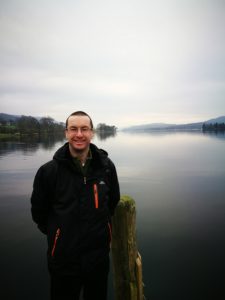
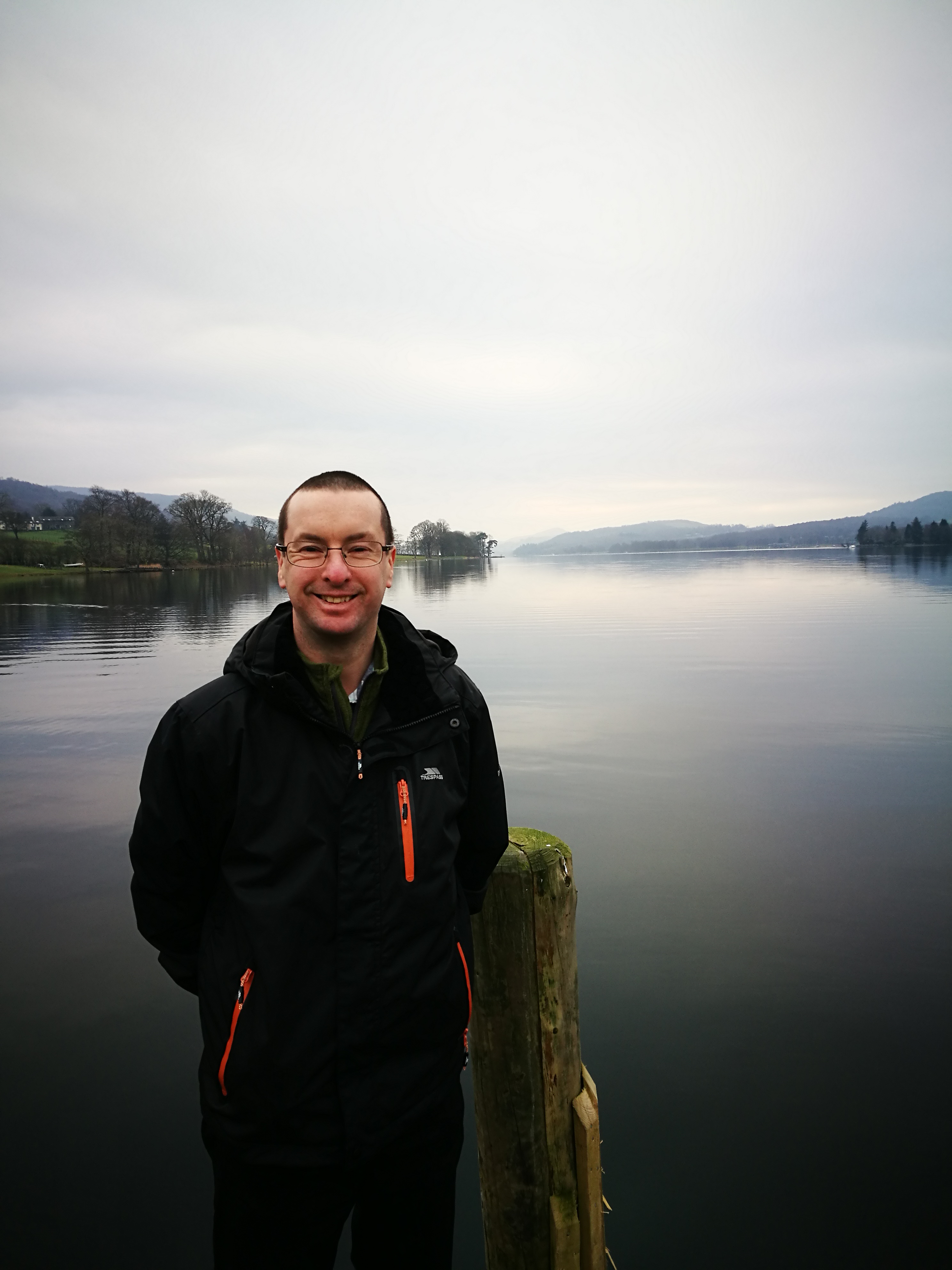
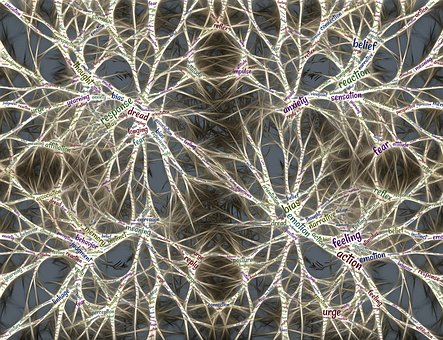
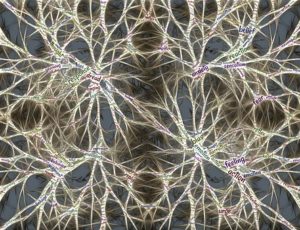


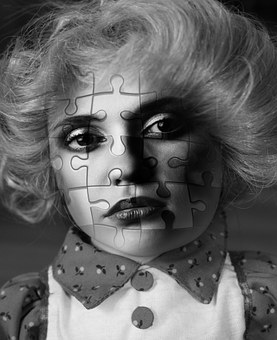
 What are Personality Types and how do we spot them in people?
What are Personality Types and how do we spot them in people?